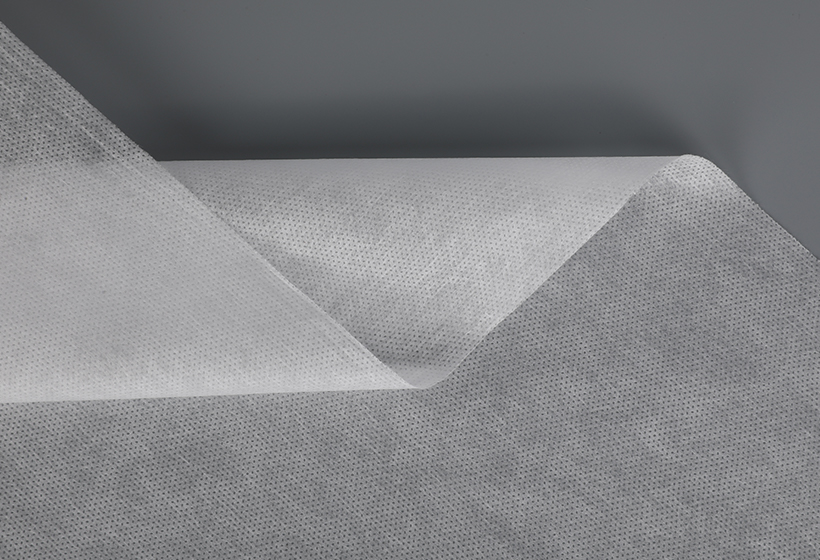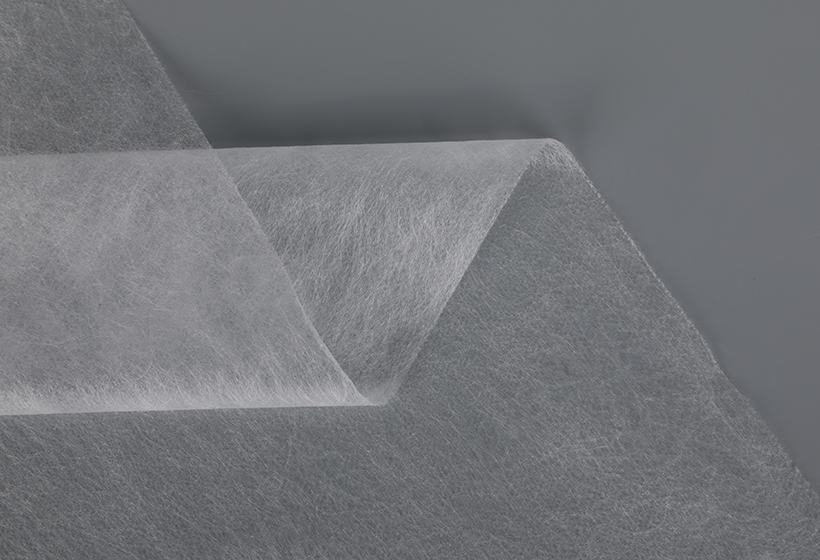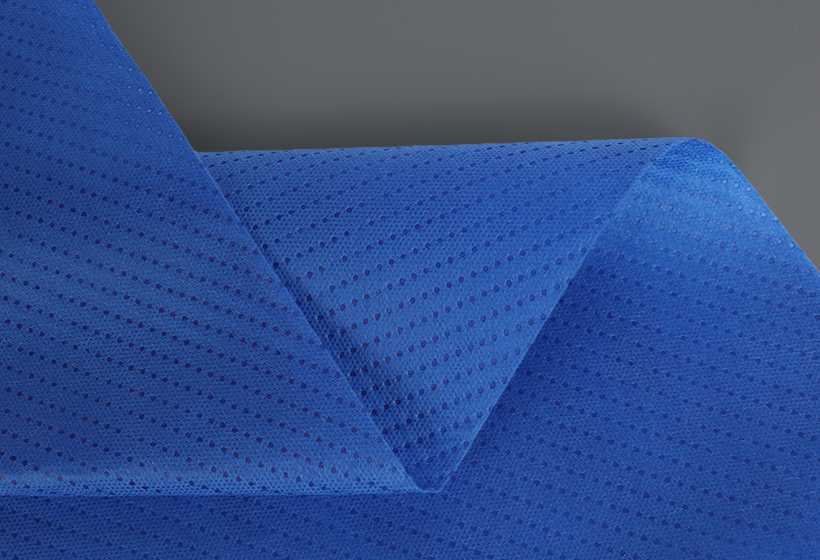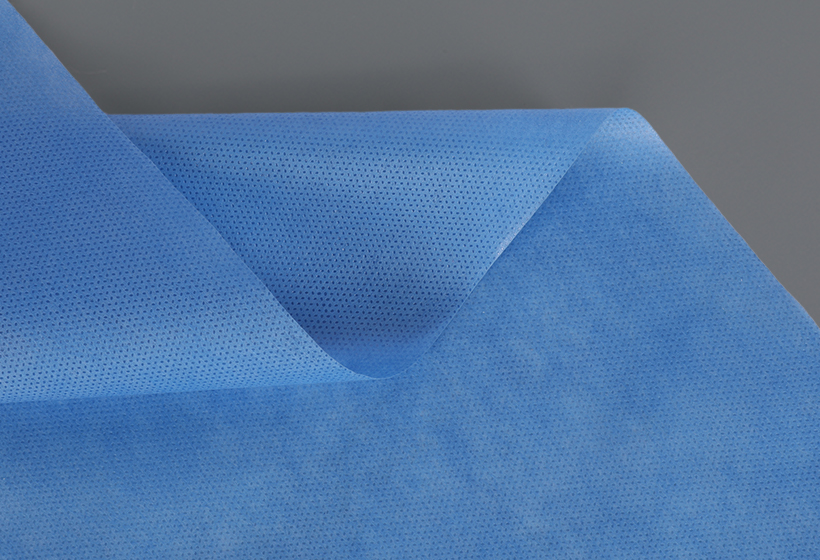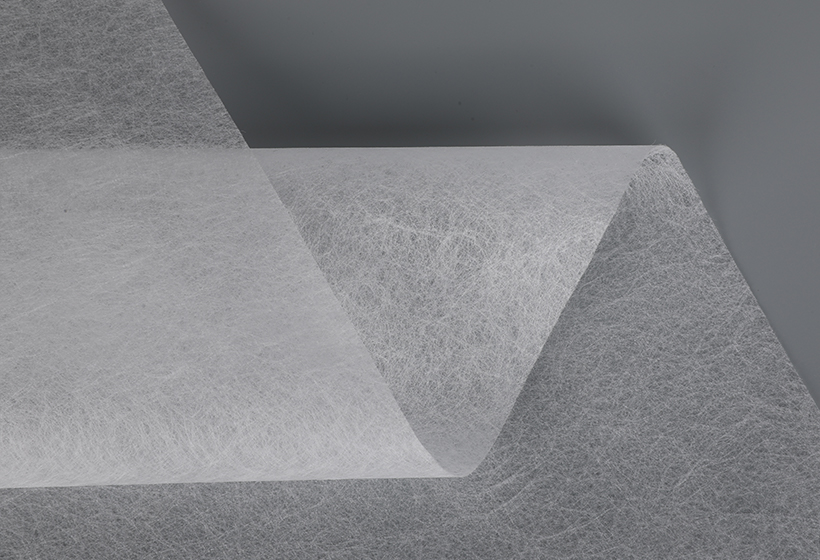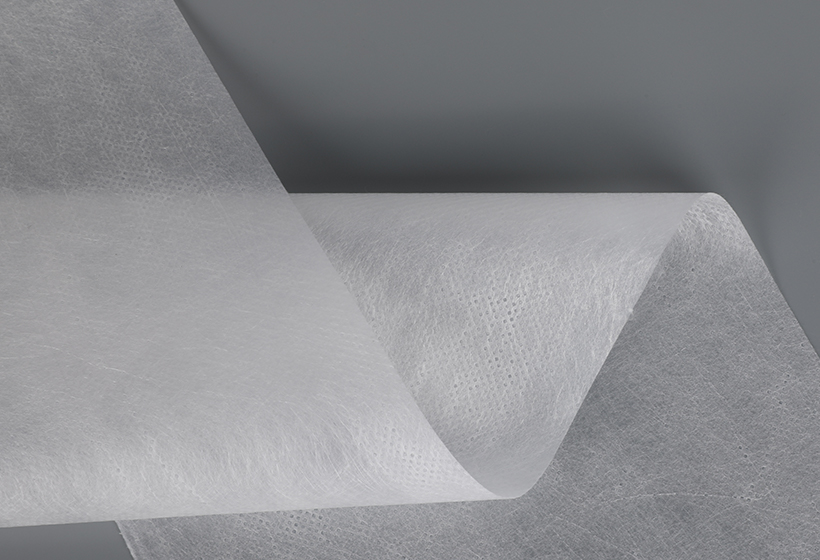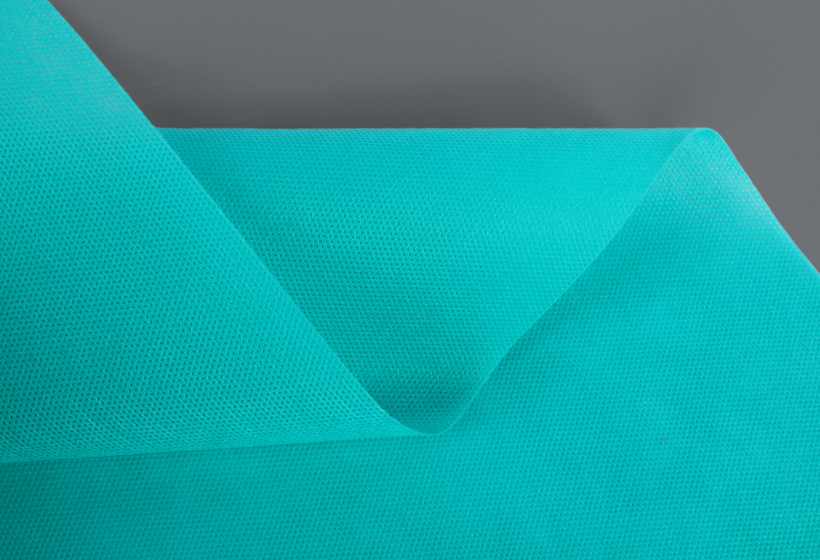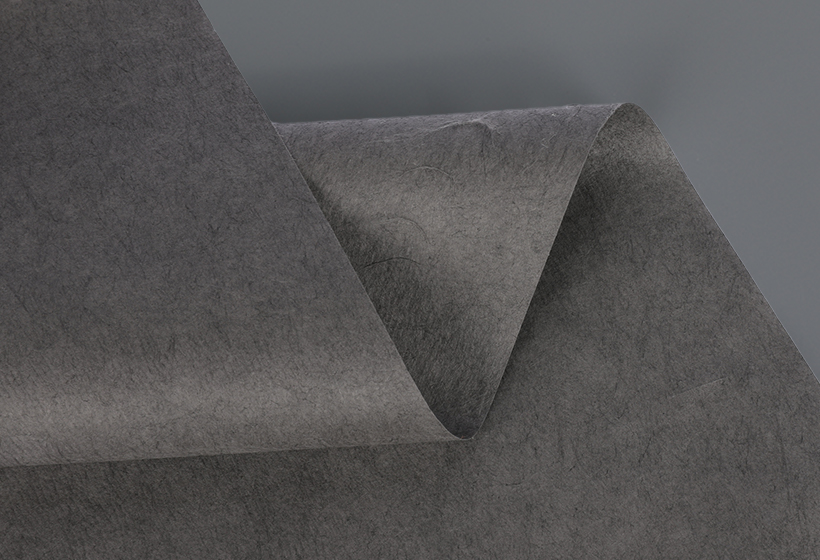FTIR Characterization of PP Non-Woven Fabric
In this study, the FTIR spectra of untreated and treated PP non-woven fabrics were determined. We also investigated the morphology of these samples by SEM. The untreated PPN fabric presented a rough surface with white spots, possibly caused by finishing process during non-woven preparation. On the other hand, the treated PPN fabric had smooth surface due to the application of silane. MCC particles were also deposited on the fibre surface and between the fibres after silane treatment.
PP Non-woven fabrics are generally affordable and flexible. They are also highly customizable, and can be made in any color or design. They can be embossed, custom printed, or laminated with matte or gloss finishes. In addition, they are reusable. For example, PP needle punch nonwoven fabrics can be formed to fit any shape and can be easily recycled. Additionally, non-woven products are lightweight, breathable, and sturdily constructed, making them a great choice for a wide variety of applications.
In terms of tensile strength, the treated and untreated PPN fabrics had higher tensile strength than the untreated PPN fabrics. However, the untreated VS fabric had lower tensile strength than the treated PPN fabric, which indicates that the fabric is subjected to more stress during use. In addition, untreated MCC and untreated silane reduced the elongation of both samples. However, the untreated sample showed a higher elongation than the treated sample, which was observed after washing.
In addition, the treated PP non-woven fabric showed a higher wicking rate compared to the untreated ones. The test was conducted on the vertical strip of the fabric in the warp and weft directions at intervals of 10 minutes and 60 seconds. After this time, the treated PP fabric exhibited a higher wicking rate compared to the untreated samples. This is attributed to its hydrophobic property.
The non-woven fabric polypropylene is very durable and resistant to bacteria. This material is also highly recyclable and is ideal as plastic substitutes. In addition to being reusable and recyclable, PP non-woven fabric is biodegradable and is 100% recyclable. Hence, it is a sustainable and eco-friendly material that is widely used in many industries. Apart from its versatility in textiles, PP non-woven fabric is also a good choice for the production of single-use items and medical ventures.
A new method of improving the liquid moisture management properties of polypropylene non-woven fabric has been described in the paper. The method involves hydrolysis of vinyltriethoxysilane and grafting microcrystalline cellulose onto the activated PP non-woven fabric. The resultant cellulose is covalently bonded to the PP surface. The modified PP non-woven fabric was then evaluated for its wicking height, drying rate, and air permeability.
Pp non-woven fabric is a durable and recyclable material made from polypropylene polymers. It is a dependable and affordable packaging option. Leading manufacturers of PP woven fabric include Zhejiang Guancheng Technology Co., Ltd. The material is available in both laminated and unlaminated forms. It has several applications in different industries, including Bag manufacturing, Fertilizers, Textiles, Machinery, and Food grain packing.

PP Coarse Denier Nonwoven pink 25g
Specification:
|
Weight |
25gsm -100gsm |
|
Width |
1.6m |
|
Color |
Customized |
|
Capacity |
5 tons/day |

 English
English Español
Español
